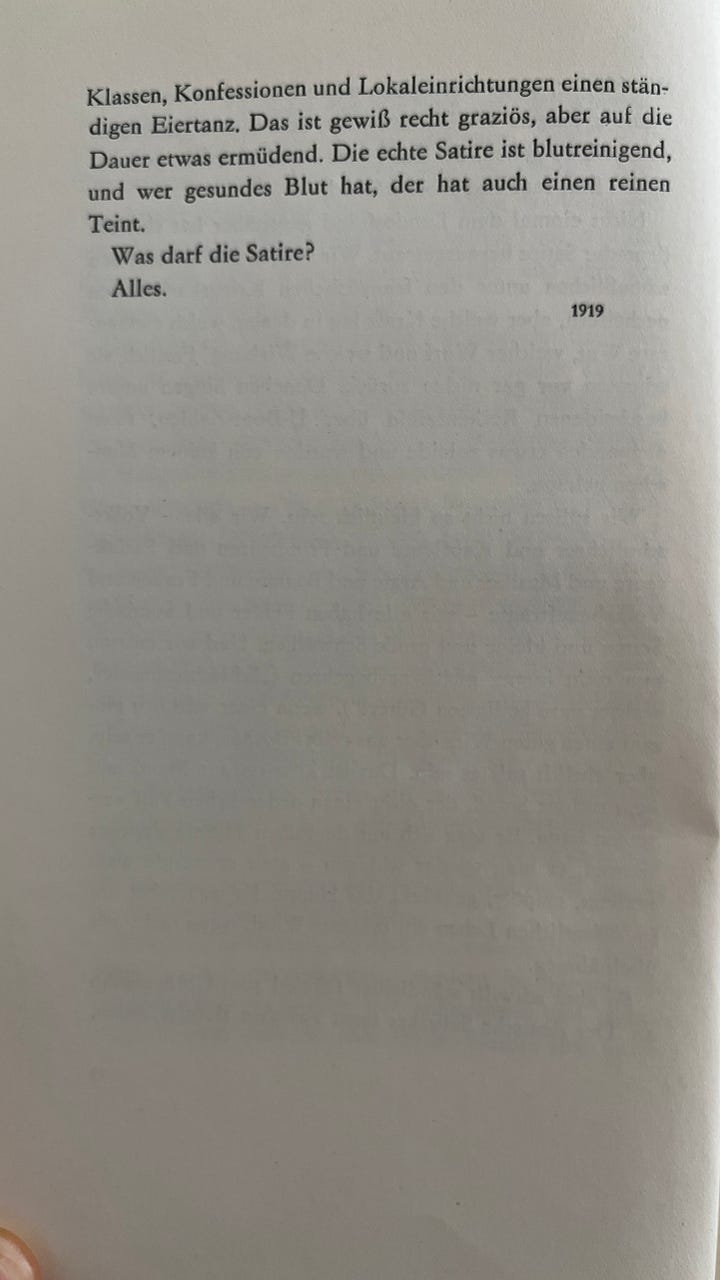Editor’s note: On behalf of Kurt Tucholsky, The Bupkes would like to apologize for the absence of ConWatch: Week 1,809. Tucholsky promises to be better with deadlines in the future.




Editor’s note: On behalf of Kurt Tucholsky, The Bupkes would like to apologize for the absence of ConWatch: Week 1,809. Tucholsky promises to be better with deadlines in the future.



